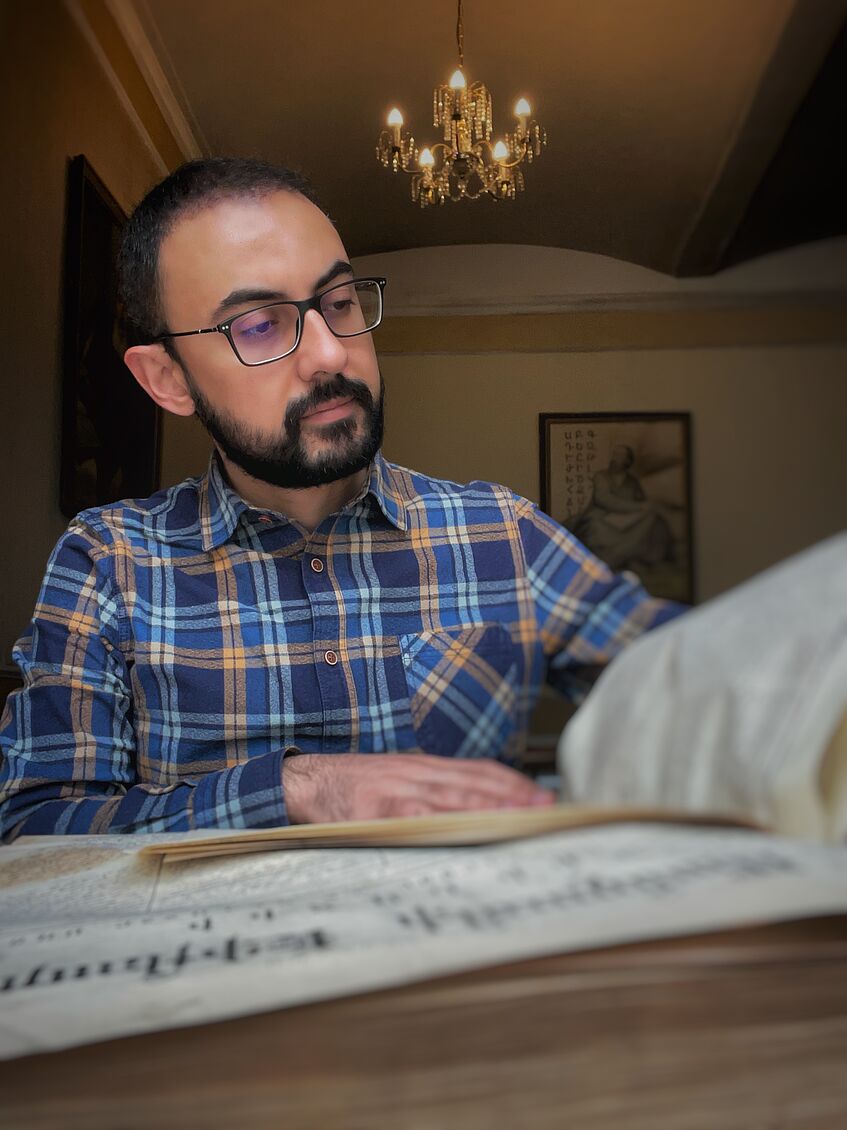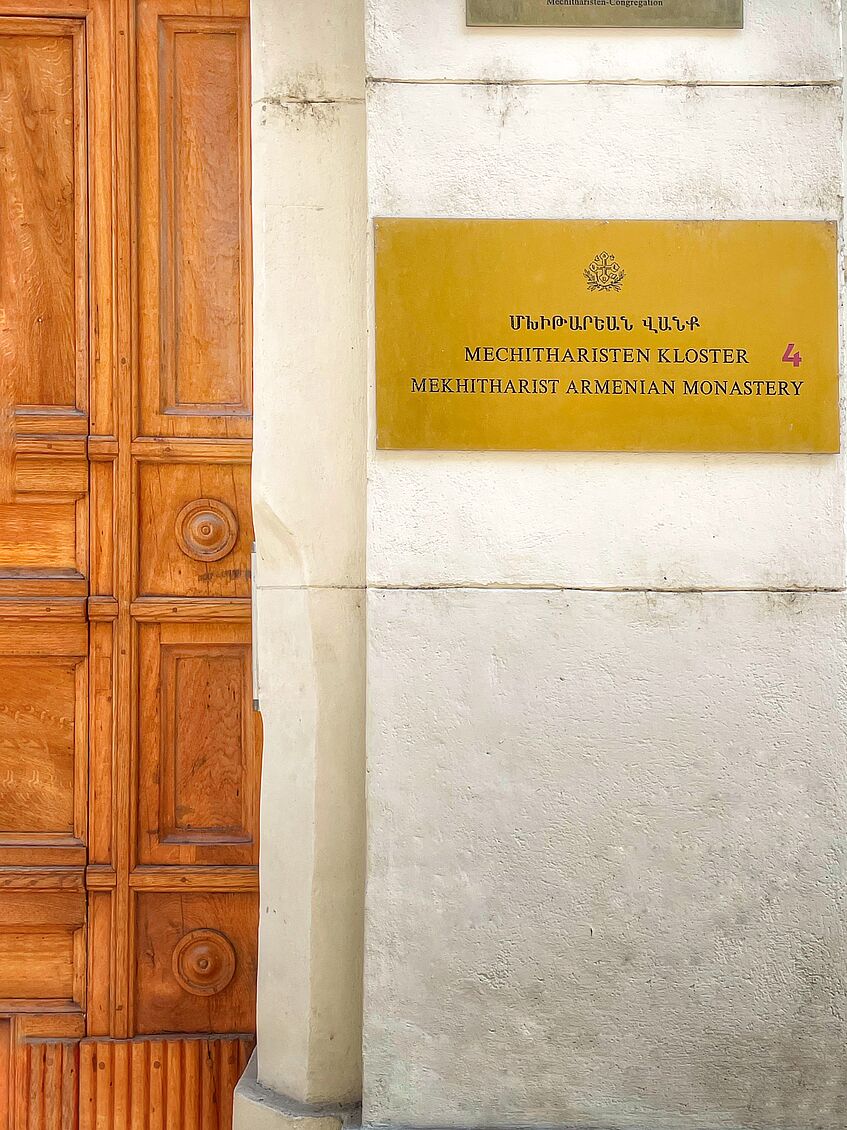Interview with Arif Tapan (MA) (Andreas Tietze Fellow 2022)


Interview with Arif Tapan (MA) (Andreas Tietze Fellow 2022)
Would you briefly introduce yourself?
I am a doctoral candidate in Turkish Literature at Boğaziçi University, Istanbul, and working as a research assistant in the Turkish Language and Literature Department at the Social Sciences University of Ankara (SSUA). I obtained my MA degree in Cultural Studies at Istanbul Şehir University with a thesis on the first Armeno-Turkish novels published in the Ottoman Empire in the 19th century.
For my doctoral project, I inquire into the modern literary and cultural production of the Ottoman Empire by focusing on 19th-century Armeno-Turkish periodicals. I am particularly interested in how Armeno-Turkish periodicals played a role in developing a modern Ottoman literary culture, a modern Ottoman readership, and authorship.
What are you currently working on?
I am currently working on Münâdî-i Erciyes (Messenger of Erciyes/Argeas), an Armeno-Turkish culture-art periodical published by Garabed Panosian in Istanbul between 1859 and 1863. Münâdî, one of the first examples of culture-art periodicals published in the Ottoman Empire, seems to be a noteworthy periodical in terms of genre and theme as well as being in Armeno-Turkish. I am trying to find out how this Armeno-Turkish periodical belonging to the early modern Ottoman cultural world builds a relationship between Ottoman readership and authorship.
Why did you apply to the Andreas Tietze Memorial Fellowship?
The “Andreas Tietze Memorial Fellowship in Turkish Studies” announcement personally excited me for two reasons. The first of these was that the fellowship was offered by the University of Vienna, where I had the chance to study before. Secondly, while I was an undergraduate student at Boğaziçi University, I decided on my academic interests thanks to the work of Andreas Tietze.
I applied for this fellowship and wanted to continue the research on my project in Vienna because I needed archival research here.
How did the fellowship contribute to your research?
Technically, thanks to the fellowship, I had the opportunity to research in the periodicals archive of the Mekhitarist Monastery of Vienna (Wiener Mechitharisten-Kloster) located in the seventh district of Vienna. Thanks to this archive research, I was able to find the missing issues of Münâdî, which I could not access in any library or archive in Turkey or any online source.
Apart from that, the Turcology department of the University of Vienna offered me a wonderful working environment during my fellowship. In addition to the archival research, I had the opportunity to meet with the leading researchers in the field, with whom I could discuss my project and get advice and criticism. Academics from Ankara, Turkey always describe Ankara as “a big study office”. During my fellowship in Vienna, I realized that the city of Vienna is also a large and very efficient study room for researchers. All libraries, archives, and research institutions are right next to you so that you can reach them easily. Since my research area is quite specific, my archive research process was not easy, but whatever the case may be, the environment offered by the University of Vienna is extremely motivating in terms of academic efficiency.
I am grateful to all the faculty members of the Turcology Department of the University of Vienna for giving me this opportunity.
Do you want to publish your research or present it to academic community? How will it go further?
The project I have traced and developed in Vienna is just one part of a larger project. I plan to reconstruct the boundaries and nature of Ottoman cultural production in the 19th century through Armeno-Turkish periodicals produced and published in the empire in this century and to open up current cultural history studies to the discussion. The project includes serious and consistent archival research and a long-term transliteration study. Since Armeno-Turkish periodicals are not always easily accessible, the process can, unfortunately, progress more slowly compared to periodicals in other languages and alphabets.
On the other hand, every new piece of information you reveal in this field has the potential to completely change the current 19th-century literature and culture debates. When I come to an academically convincing and coherent point at the end of the project, of course, I would like to present it to everyone who studies 19th-century Ottoman cultural/literary history.
